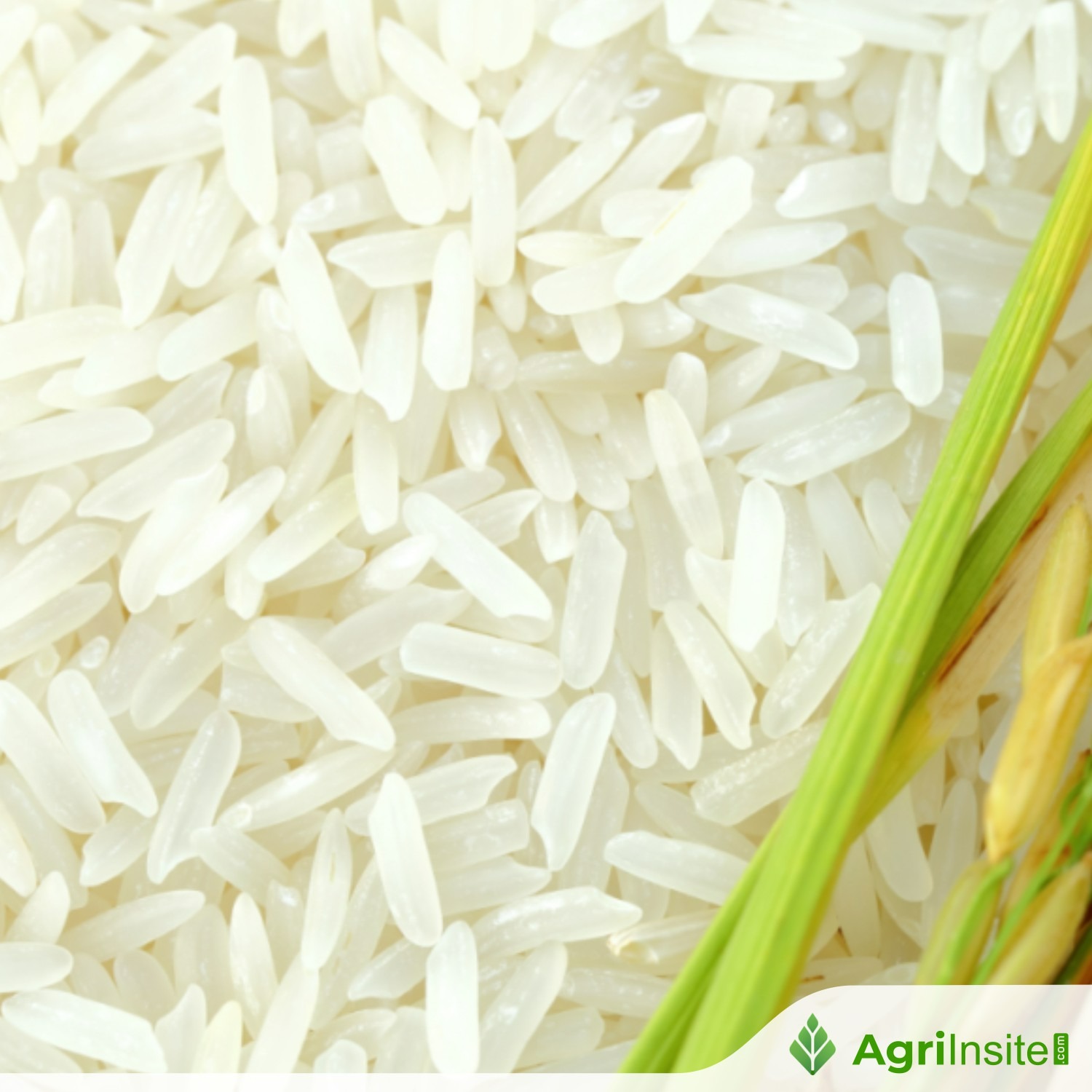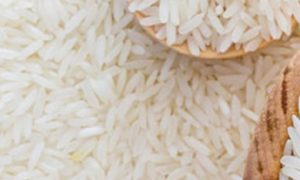Rice shortage disrupts Sri Lanka’s Hindu festival

Sri Lanka’s rice shortage has disrupted the Hindu Thai Pongal celebrations, with many struggling to prepare the traditional dish, Pongal. Red rice and coconuts, key ingredients, are scarce and expensive. The government imported rice from India, but some locals report unavailability, particularly in government shops. The shortage worsened due to natural disasters and policies from the previous government, sparking calls for strategic policy changes.
Rice shortages in Sri Lanka have disrupted the Hindu Thai Pongal celebrations, hindering the preparation of traditional dishes during the festival.
The harvest festival Hindus celebrate on Jan. 14 honors the Sun god by offering the first grains of the harvest in gratitude and seeking blessings for a continued bounty.
Preparing Pongal, a dish of red rice and coconut, is the core ritual of the festivities. However, the island nation’s rice shortage has upset people.
Amali Sinthiya, 52, who works at a tea estate in Telbedde, Badulla, said raw red rice is unavailable in the market, and the price of coconuts has shot up this year.
“Our daily wage is around 1,350 rupees ($4.6) and the price of coconut is 200 rupees. It’s a challenging time for us,” Sinthiya told UCA News.
Her four-member family was barely managing to scrape through, she added.
Rice is a staple food in Sri Lankan households. Its nationwide annual consumption is about 2.4 million metric tons, while some 350,000 metric tons are allocated for animal feed and 50,000 metric tons for beer production.
Nicola Manuel, 56, a tea worker from Pussellawa in Kandy, said rice was also unavailable in government shops. She said the government usually supplies rice at a low price during the Thai Pongal festival.
Most tea workers are of Tamil descent. The British brought their ancestors from India in the 1820s to work on Sri Lanka’s tea estates. Over 50 percent of them are women.
The government imported 70,000 metric tons from India last December to address rice shortages.
Authorities said an artificial shortage has been created and threatened action against major rice mill owners and traders.
Sri Lanka’s 2022 economic crisis, marked by severe food shortages, led to huge protests, which caused then-president, Gotabaya Rajapaksa, to flee the country in July 2022.
Nichol Samaranayake, a university student and activist from Colombo, urged the government to implement strategic policies to prevent future rice shortages.
Wasantha Samarasinghe, the Minister of Trade, Commerce, and Food Security, blamed the rice shortage on the previous government’s free distribution of rice to low-income families ahead of last year’s national elections.
According to the Agrarian Development Board, a recent low-pressure system over the Bay of Bengal caused losses across 137,000 hectares (about 338,446 acres) of paddy fields, affecting 137,880 farmers.
This had worsened the situation, the minister added.
To read more about Rice News continue reading Agriinsite.com
Source : UCA News















